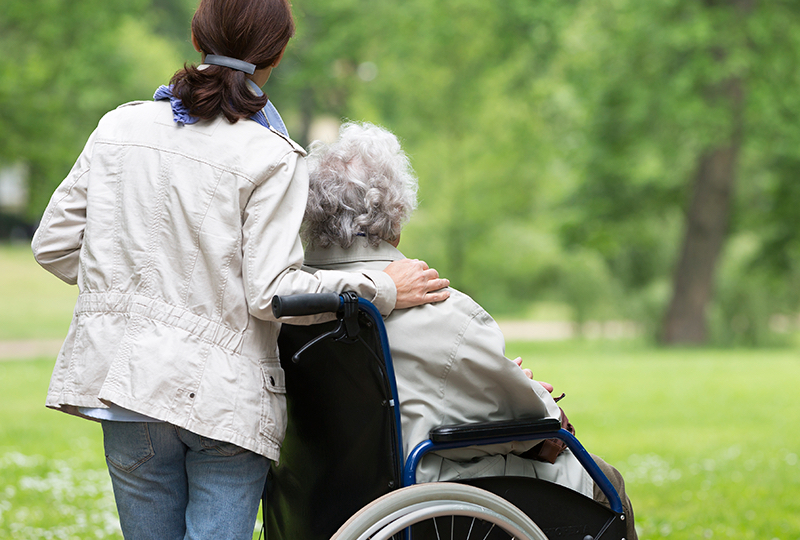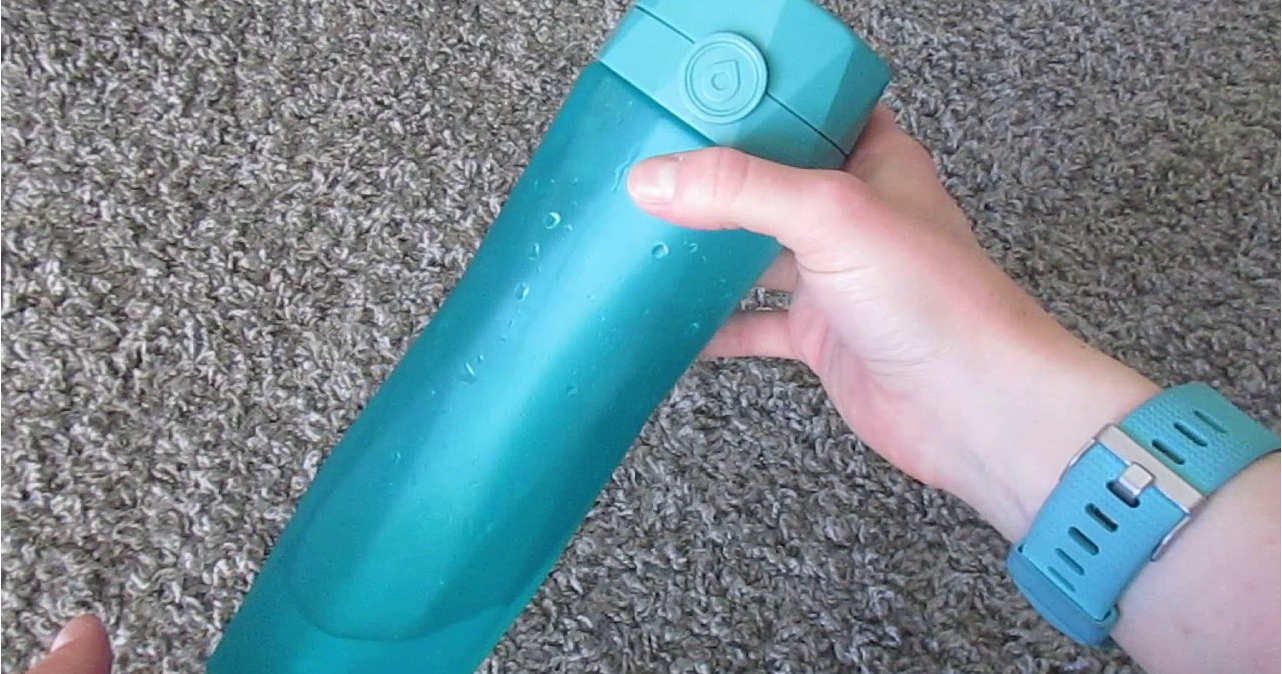Picture this: You've just arrived home from an exhausting day of work. As you're slowly going through dinner prep, the phone rings. It's your mom. "Your dad fell again," she says.
After a short conversation, you hang up the phone and go to get your coat. Just as you're leaving, your 13-year-old daughter bursts through the door with tears streaming down her face. She's being bullied at school. You spend half an hour consoling her and phoning her teachers.
As soon as everything's sorted, you go visit your aging parents to make sure dad is okay. When you arrive home late that evening, you haven't eaten dinner and your family ate all the pizza they ordered in.
If you're a caregiver, this scene is probably all too familiar to you. Being 35-50 years old often means you'll be taking care of aging parents and raising angsty kids at the same time. Needless to say, this can lead to burnout in no time. Giving 100% of your day to kids, parents, and work can leave you will little time for the self-care you desperately need.
This summer, take a break and take care of yourself so you can better help those who need you. Get started now!
1. Find Support
You can't expect to shoulder all the stresses from your life alone. Find people who understand what you're going through as a caregiver: the feelings of exhaustion and hopelessness, as well as the joys of being needed by another human being.
Remember: Isolation can lead to depression and other mental health problems. Seek out a support group online or at your local hospital to connect with other caregivers. You need encouragement and emotional support to re-charge your batteries.
2. Take Time Off

Summer vacations are for everyone, but especially you. Find another caregiver to take over for a week or two, and put yourself first for once. Even if you can take only a few days off, it's worth it.
Spend this time doing only relaxing things, like catching up on your reading, taking a day trip to the beach, or gardening. You deserve it.
3. Let Go of Guilt
Guilty feelings will always flare up when you're taking care of someone else. Am I doing enough? Does my kid feel neglected because I spend so much time with mom or dad? These questions are normal, but at the end of the day, you are human and are doing the best you can.
No matter how much more you'd like to do, it's not always possible. Feelings of frustration and anger towards the ones in your care are also understandable. Don't blame yourself for these feelings, but find a way to express them in a non-harmful way, such as speaking to a counselor or writing in a journal.
Go to the next page for tips on how to ask for help.
4. Ask for Help
Having emotional support is one thing, but you need physical support as well. Even if you feel that you're the best one to do the job, take shifts with someone else this summer. Friends and family have probably watched you struggle, but aren't sure how to help.
Reach out your spouse, siblings, and friends and give them specific tasks to help with. Make a list of duties that feel overwhelming to you, such as picking the kids up from soccer practice or making dinner. Remember: Don't wait until you're at your breaking point. Hire part-time home support if needed.
5. Develop Healthy Habits
You're less likely to have energy to take care of kids and aging relatives if you're not staying fit and eating healthy. No matter how counter-productive it seems, take at least 30 minutes out of every day to exercise. If you struggle with motivation, find a running club or take a weight lifting class at the gym.
Another basic item for good health is your diet. No matter how busy you are, don't skip a meal. If you're pressed for time, try one of these 30-minute weeknight meals.
6. Focus on the Good
Despite your best efforts, things will sometimes go wrong. A parent may ignore your presence or seem to not appreciate your visits. Dementia may prevent them from remembering who you are. In the hardest of times, hang on to the positive things about your relationship. Reflect on the ways your parent and/or kids have made you a happier, better person.
Dig out old family photo albums to share with your aging parent. Have a make-your-own ice cream sundae afternoon with your kids. Remembering amazing experiences and creating new ones will not only help your parent and your kids, but also yourself.
Did you love this post? SHARE it with your friends!







